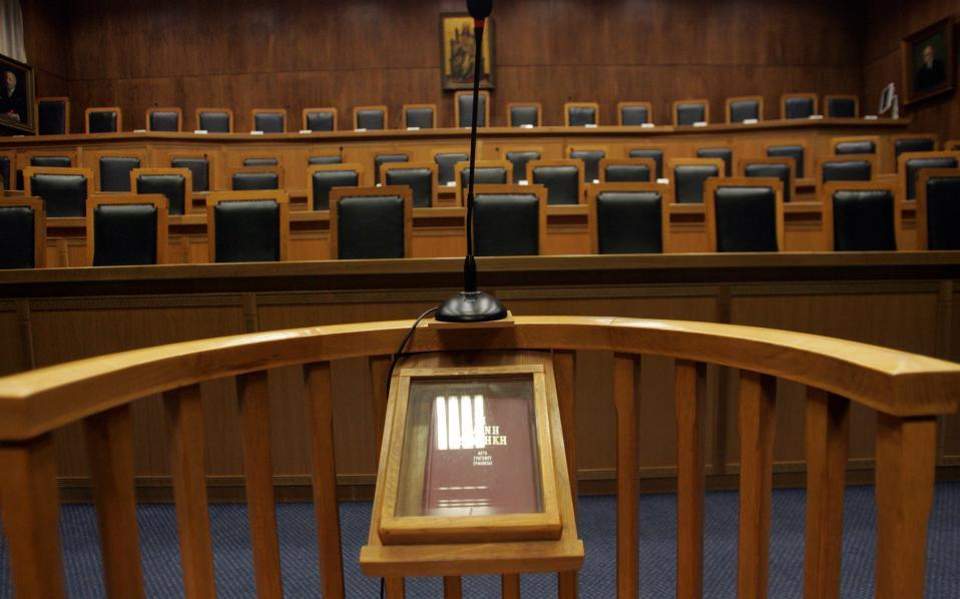Of judges and opportunists

Whether they wanted it or not, our judicial officials today find themselves at the center of political life. They share a lot of responsibility for what is happening and will have to play a leading role in fixing the situation. The government’s handling of the Novartis issue has raised serious questions regarding the separation of powers and the functioning of the state; also, one Cabinet member’s ever more intensive attacks on specific judicial officials as well as on the judiciary as a whole, demand an immediate and unequivocal answer. This must come from the judiciary as a whole. If judges and prosecutors do not defend their own honor, if they do not honor the trust of the people and the institution that they serve, who do they expect to do so?
Institutions exist to prevent problems and to solve them. We have come to understand that if the politicians, the judges and members of the news media had not shirked their responsibility of maintaining checks on each other, Greece would not have fallen into crisis. Now, instead of the crisis waking us up, we see more mismanagement, more vote-buying, more special interest groups taking care of their own issues at the expense of the majority.
The Novartis issue should have been an open-and-shut judicial investigation that would have brought those involved – whoever they are – to trial. Instead, it was used by the government in a brutal and irresponsible way, in order to undermine its opponents and possible opponents. Judicial officials – and former officials – appeared to either contribute to this situation or to condone it. In this climate, justice cannot help heal the wounds that brought us to bankruptcy and it cannot punish those guilty of corruption. Instead, it contributes to the questions regarding its independence and its integrity. The claims that judicial officials and witnesses have been subjected to political pressure, the targeting of specific judges and prosecutors by politicians and terrorists, the undermining of process, the persecution of specific targets, demand more than condemnation by the Union of Judges and Prosecutors. They demand a response from the judiciary’s top leadership. They demand action. They demand answers: What role have the ministers and top officials of the Justice Ministry played? What is the judiciary’s leadership doing to strengthen institutions? How will the judiciary respond to political players who undermine justice?
Elections always help provide answers to such questions. In the long run, though, the functioning of institutions depends on those who serve them. They have to choose between honoring the position that they hold or serving the interests of opportunists.





